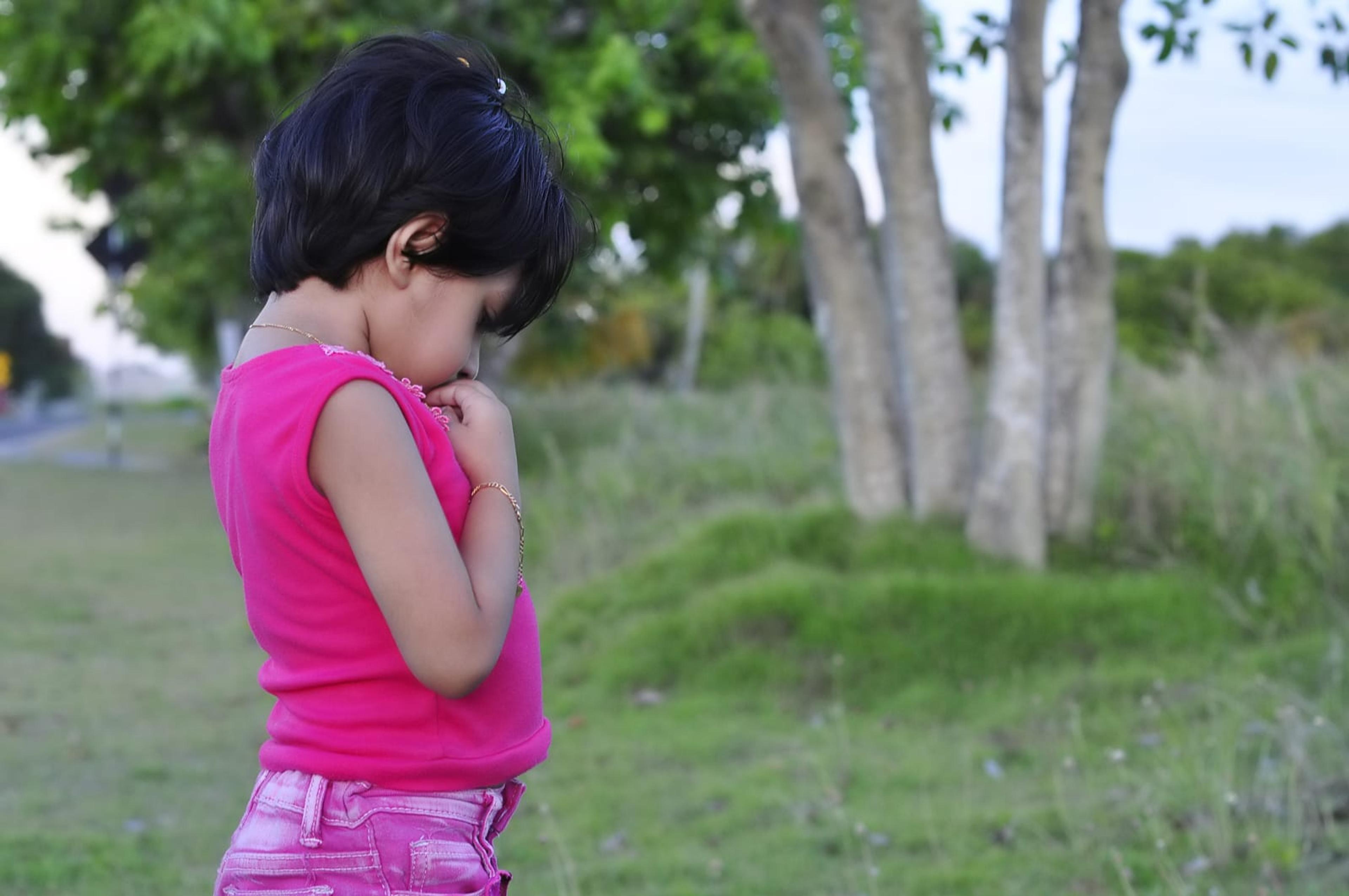Pediatric Mental Health: Helping Your Child in Times of Trouble
bcbsm
| 3 min read

Sometimes you can decipher exactly how your kids are feeling and other times it can be completely impossible. That’s why it’s so important to keep tabs on your child’s mental state—a task that can often take more than just parental intuition. Whether you’re seeing a complete shift in personality or just a few new behavioral issues, there are some basic facts that can help you understand what’s going on in your son or daughter’s brain—and get them any necessary help.
- Kids can face the same mental health issues as adults. Just like grownups, young children can experience two types of issues. The first is organic, which are caused or affected by biochemistry or brain function. Examples of these types are sensory processing disorder, ADHD, mood disorders and Autism. The second type is response-based, which are induced by events or a series of events. Examples would be anxiety, eating disorders or PTSD. Both types of issues can occur at the same time, influencing and affecting one another.
- Early detection is important. Since kids are experiencing these issues early in life, the results can be more detrimental to their overall well-being. That’s why it’s so important to notice warning signs early so that your child can get help before the issue worsens. It’s also important to realize that even if problems are addressed, they may resurface. This commonly happens because children understand and process information differently as their brains develop, leading to an issue recurring.
- Watch for warning signs. Signs your child is struggling can range from changes in eating habits, trouble with sleeping (too much or too little), moodiness, crying spells, angry outbursts, disinterest in activities they used to enjoy, a drop in grades, subtle verbal or written communications of low self-worth, use of drugs or alcohol and self-harm or withdrawal from family and friends. If issues develop, they can impact your child’s grades, self-worth and relationships.
- Early intervention is key to reducing the duration, intensity and amount of symptoms. Dealing with a child’s issues as soon as possible has been shown to make a tremendous impact. Plus, developing positive coping mechanisms early on drastically cuts back on unhealthy behaviors later on as children grow.
- The best way for kids to cope is to be supported by others. The more people (parents, teachers and therapists) on the child’s side, the better. If you suspect your child needs mental health help, the first step is to talk to your child’s pediatrician about your concerns and ask for a referral. Teachers and school counselors can also be useful resources.
- Determine treatment logistics. If your pediatrician recommends you contact a therapist, you’ll want to find out their ability, specialty, insurance accepted and location. Keep in mind that sessions usually occur weekly and sometimes even more frequently than that, so location and cost are definitely important. Be sure to check if they have gone through additional training to work with kids too, as this sometimes affects the therapy experience for the child.
Looking for more on mental health help for your kids? Check out these blogs from A Healthier Michigan:
- Simple Ways You Can Help Your Child Feel Happier
- Seven Signs Your Child Might Be the Victim of Bullying
- Tips for Smooth Transitions Into “School Mode”
About the author: Laura Hutchison, PsyD, LP, RPT/S, a Blue Cross Blue Shield of Michigan provider, has been a practicing therapist since 1999. She obtained her Doctorate in Psychology (PsyD) in 2005 from The Center of Humanistic Studies (now called the Michigan School for Professional Psychology). She currently works part-time in her private practice in Farmington Hills, Mich., writes her own blog, PlayDrMom, and is a full-time mom of two young children. Photo credit: Nattu





